If I understand correctly, you are one of the women building a better world today and tomorrow, right?
Guila Clara Kessous: Yes, it’s incredible because my humanitarian work is quite discreet since I don’t have social media or a website. When Manuel Collas de La Roche, the founder of the Better World Fund, contacted me, I was very surprised because the support work, I do for women victims of post-traumatic syndromes through art therapy remains quite confidential. It is mainly known within the UNESCO network (Note: United Nations Educational, Scientific and Cultural Organization). I try with all my strength to build a better world. A more egalitarian world, especially around the great question of the place in the world of feminist diplomacy, which remains a great cause supported by France.
What do you mean by “feminist diplomacy”?
Like everything related to equality, it is a concept that comes from the Nordic countries, which are profoundly avant-garde on gender parity. That’s why I invited the First Lady of Iceland to the masterclass on equality at the Cannes Festival as part of this award. The term “feminist diplomacy” was born in Sweden, initiated by the former Swedish Foreign Minister Margot Wallström, which consists of promoting ideals and good practices through a state’s diplomatic relations to achieve “gender equality.” It also aims to ensure “that all women and girls enjoy their fundamental rights.” Feminist diplomacy aims to combat sexual and gender-based violence, promote education for all, assist in the economic empowerment of women worldwide, and support female entrepreneurship. Finally, it invites women to be involved in politics and decision-making that affect the future of their countries during negotiations and peace agreements. This is where I mainly intervene, by getting the International Feminist Diplomacy Agreements signed by women and men in governments worldwide. The first agreements I worked on were the feminist equivalent of the Abraham Accords, which I called “The Sarah and Hajar Accords” named after the two wives of Abraham between the signatory countries. Today, I am focused on the feminist diplomacy agreements between the 54 African countries and international agreements to recreate a map of women participating equally with men in global governance.
It’s both fascinating and new. Regarding the award you just received, at a time when conflicts are multiplying almost everywhere in the world, is it good news for our humanity, which is somewhat declining in certain regions of the world?
It’s true that the violence in our world is such that it calls into question the nature of humans to do Good. It’s even more terrible in different regions where I intervene, like Congo, where sexual crimes against women are multiplying with limitless cruelty. How horrible it is to see that, little girls that are just a few months old, are affected. I think that faced with these growing darknesses, it is more necessary than ever to support the bearers of hope who, through their actions, bring the necessary light for the survival of our humanity. In saying this, I am thinking of Dr. Denis Mukwege, Nobel Peace Prize Laureate (Note: in 2018, he is the author with Dr. Guy-Bernard Cadière of the bestseller: “Repairing women”) who operates at Panzi Hospital in Congo to “repair” these mutilated women. It is through the courage of these major individual initiatives that we can all collectively hold on…
Before talking more about what you have done, remind us: who are you?
I am a UNESCO Artist for Peace, and I use theatrical techniques to help with personal reconstruction. Through dramatherapy and bibliotherapy (healing through reading), I support populations suffering from post-traumatic syndromes (Congo, Rwanda, Bangladesh, etc.). I use these same theatrical techniques for leaders in the private and public sectors to help them find more authentic leadership. I thus divide my time between the humanitarian aspect of supporting suffering populations and coaching in public or private institutions. My audience, both at the humanitarian level and in coaching, is primarily female. Today, I am initiating a project on diplomatic entrepreneurship by establishing international feminist diplomacy agreements, offering women from different governments worldwide to unite to be more present in the diplomatic world to finally weigh more in the way the world is governed.
If I understand correctly, everything you do today is the result of your meeting with the famous Nobel Peace Prize laureate Elie Wiesel. He is your mentor. What do you think he would say about our world today?
My meeting with Elie Wiesel and the doctoral work I was able to do with him marked a profound turning point in my life. In a way, he made me aware of the importance of art in memorial transmission while being aware of the necessity of politics. Indeed, Elie Wiesel was an outstanding storyteller and had a profound aura when he spoke about his ideas about the world. I think he would have reacted to what is happening today with all the wisdom he knew how to demonstrate. He would have condemned gratuitous violence and made a call for solidarity with the victims, as he did for Darfur or Sarajevo. He often reminded us of the danger of indifference and would call the world to an international empathy movement to stop conflicts.
You are a UNESCO Artist for Peace, what does that mean concretely?
It was Elie Wiesel who recommended me to Irina Bokova, then Director-General of UNESCO, in 2012 to be a UNESCO Artist for Peace. Several of us are trying to defend UNESCO’s humanist values through art, and in my case, theater. I define myself as an “artivist,” which means I am both an “artist” and an “activist.” I have been leading the International Women’s Rights Day called “Femina Vox” under the aegis of UNESCO for over five years now. Each year, about thirty participants explain their views and the situation of women in the world. Ingrid Betancourt, Eve Ensler, Denis Mukwege, Claudia Cardinale, the Grand Duchess of Luxembourg, and many First Ladies are examples of leading participants. There are also many activists on the ground (in Afghanistan, Syria, Ukraine, etc.) to truly give the “temperature” of women’s rights worldwide. Additionally, I lead World Art Day, which connects Art and Human Dignity, presenting numerous round tables on Art and Care, Art and Peace Education, Art and Engagement. The participants are very committed on the ground: such as a hospital director calling for art therapy, the famous street artist JR, or the Chinese pianist Lang Lang. All their interventions can be found online on the UNESCO website.
What’s surprising, even remarkable about you, is that you are very open-minded. Religions are not an obstacle for you. You travel a lot and are involved in many humanitarian causes. Which ones exactly?
It’s art that is remarkable. Art is a universal language, and theater is the art of communication par excellence. Because it is a total art that calls upon both the art of speech and the art of gesture and movement. It appeals to the head, the heart, and the spirit. Dramatic art allows a powerful union between beings, wherever they come from. Religions are thus not an obstacle since their “spectacular” or “ceremonial” side resonates with a more “human” theatrical dimension. I am thus involved in interreligious dialogue with performances calling for verses on peace that are present in all religions. I work on the ground for Radio Begum, the only radio for women run by women that continues to broadcast in Kabul, Afghanistan. It broadcasts educational programs, particularly for girls who are prohibited from going to school.
You are very active, aren’t you?
Yes, it’s true. But because we must be, each at our level. It’s our responsibility as human beings. I would also like to mention an important cause I support through the association “2082.” It aims to help women in salary negotiation. Another cause close to my heart is our social environment. We need to understand it better to draw inspiration from it in terms of relationships.
I often use the term “social permaculture” in my coaching sessions so that people understand the systemic importance of returning to more harmonious links in terms of social positioning.
I also support the “4 per 1000” initiative. It is a movement with which I had the chance to co-organize, along with the Heartfulness organization, a conference recently on the theme of “soil restoration.” I moderated this round table with a very charismatic person, Daaji, who is behind Khana Shanti Vanam, a model of agricultural innovation in India.
What is the connection with UNESCO?
The causes I support fall within the action plan presented to the direction as a UNESCO Artist for Peace. As for me, my actions are carried out in collaboration with two specific UNESCO divisions: the Division of Social and Human Sciences (for World Art Day, which I lead, for example) and the Gender Equality Division (for International Women’s Rights Day, which I also lead). But I must clarify that I am not employed by UNESCO. My title is honorary. This commitment allows me to defend UNESCO’s noble humanist values while giving prominence to philanthropy to support these “diplomatic entrepreneurship” initiatives.
Back to your award. What are the consequences for you?
This award is a very beautiful recognition for me and has already allowed me to highlight the incredible work of the First Lady of Iceland, whom I invited to this evening to also present her with an award. The work she does to allow the ‘Sprakkar’, these strong women – as they are called in Icelandic – to emerge (regardless of their education or social level) is admirable… Let us remember that today, Iceland remains the leading country in terms of equality and parity.
Among the personalities you have met, besides Elie Wiesel, there is Pope Francis. Do these personalities inspire you? Have you met others? I imagine you would have liked to stroll and chat with Gandhi, Nelson Mandela, and John Paul II?
Well, believe it or not, that is something I will soon organize.
Is that a scoop, then?
Yes, in a way. Because I am working on a meeting with the granddaughter of Martin Luther King, the granddaughter of Gandhi, and the grandson of Nelson Mandela, which will take place on September 21st, during the International Day of Human Rights. We desperately need their messages in our current world. As part of the International Feminist Diplomacy Agreements, I should be meeting Hillary Clinton soon. I can’t wait to tell you about it! But more than the media aspect of a personality, what strikes me about the people I meet are those men and women, all volunteers, who want to do good around them. There are more of them than we think… and they are truly the ones who inspire me the most!
The time to conclude has come. What is your agenda for June and this summer: a new book, a new play, a film?
In June, I will be in Strasbourg, the capital of the book, to participate as an actress to perform the text ” Des mots contre les violences faites aux femmes ” by Eve Ensler. I will also speak to the French Foreign Trade Advisors (CCE) on the concept of “situational intelligence,” using theatrical improvisation. In July, there will be the meetings of the Circle of Economists in Aix en Provence, where I will participate in a round table entitled ” Le coût d’une société dominée par les hommes ” alongside Jean-François Copé, Devika Gobal Agge, Memory Kachambwa, and Kudsia Batool.
Also in July, a masterclass I am organizing on “Women and Jazz” during the Marciac Jazz Festival.
Finally, Egypt, to continue getting women to sign on with governments as part of the International Feminist Diplomacy Agreements. All this, of course, punctuated by public/private sector coaching and interventions in associations fighting against violence towards women.
One last word about the Cannes Festival. I imagine you saw some films. Which one did you prefer?
Well, I am going to disappoint you. Believe it or not, I made a round trip. I attended the World Better Fund Gala to receive the Women Empowerment Award and the next day held the masterclass in the presence of the First Lady of Iceland. But I did not have the chance to see any films, as I was expected the next day in Tangier, at the Mata Festival, an initiative supported by His Majesty the King of Morocco, Mohammed VI, spectacularly implemented by Nabil Baraka. Besides the beauty of this festival’s traditions, it was also a way for me to reconnect with this country, which is currently reflecting on the Moudawana regarding women’s rights in the Family Code.
Indeed, Guila Clara Kessous has well deserved her award. An award of a thousand and one nights! An award that resembles her: an award in red and black.


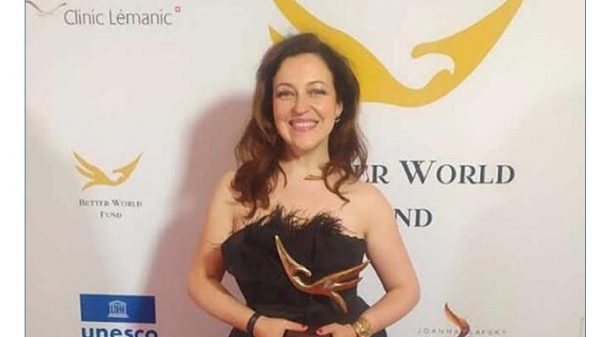
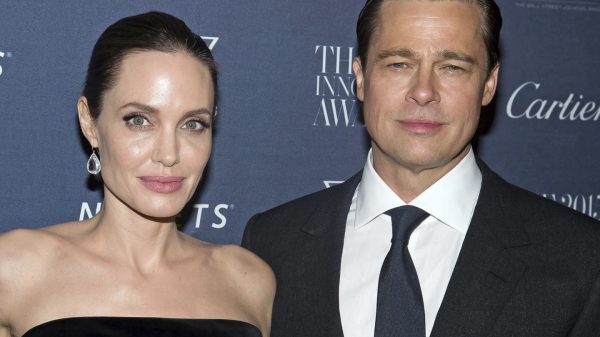
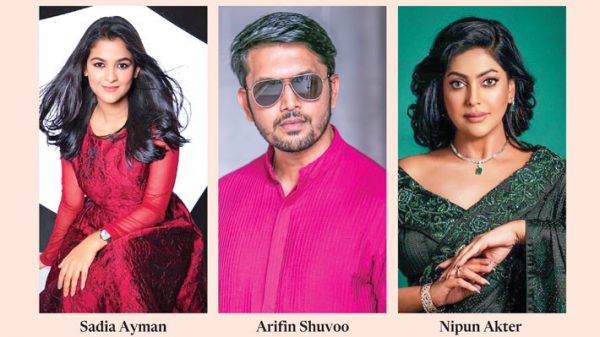
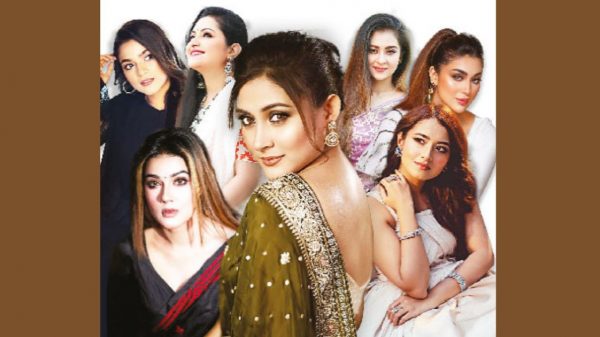
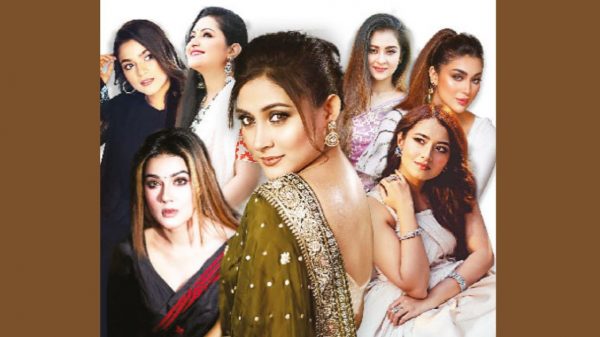

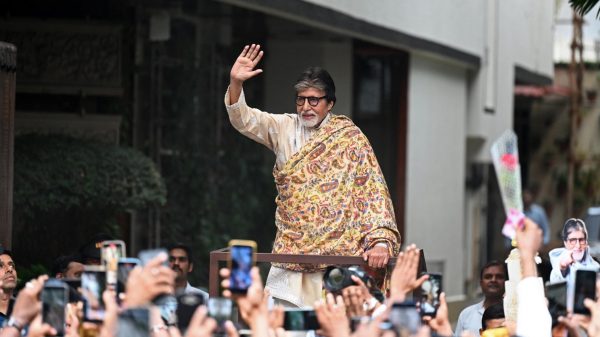
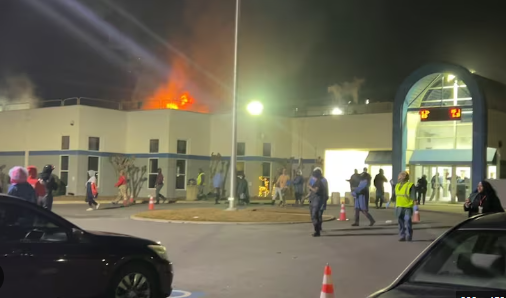
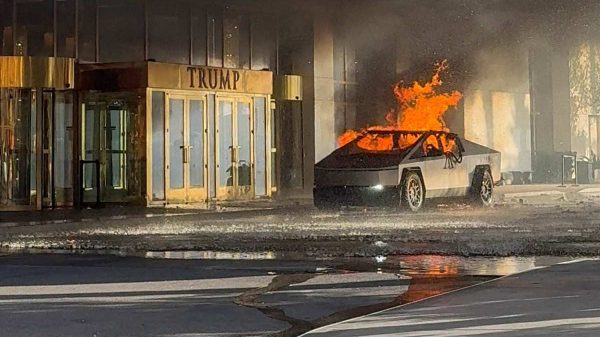

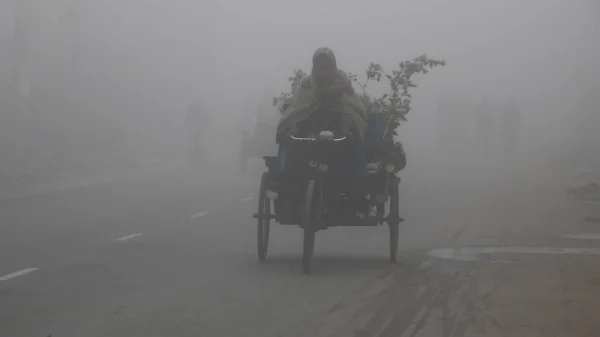

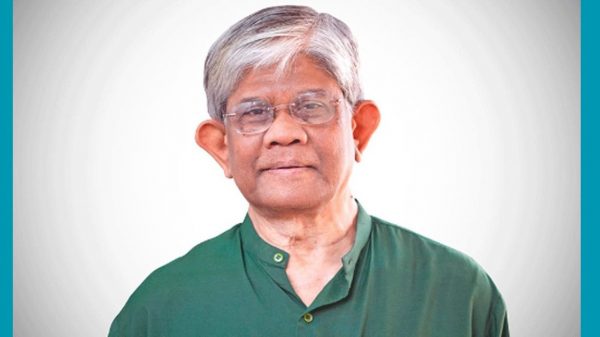
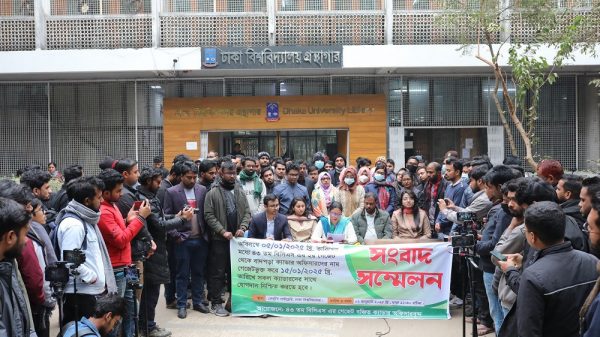
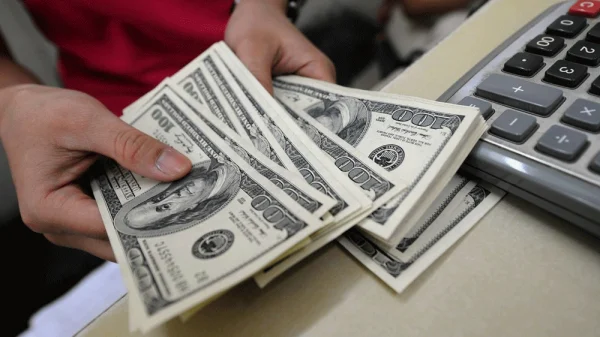
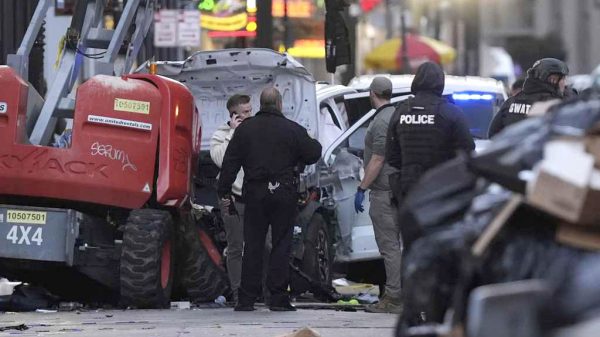
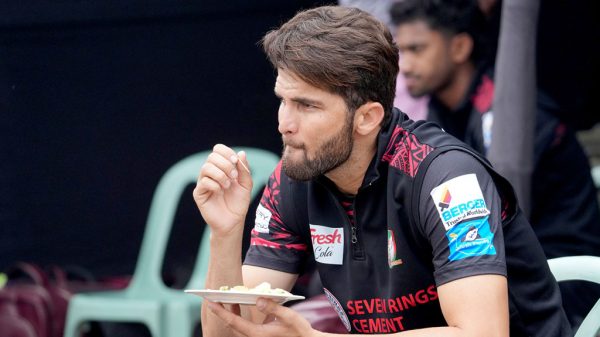











Leave a Reply